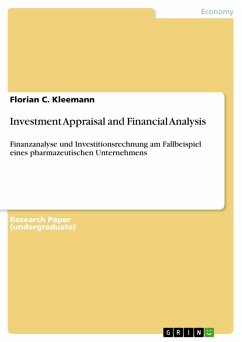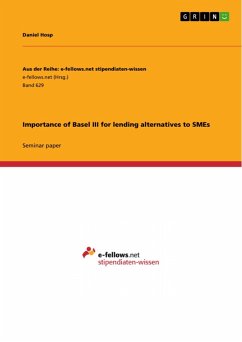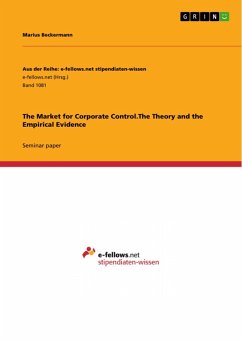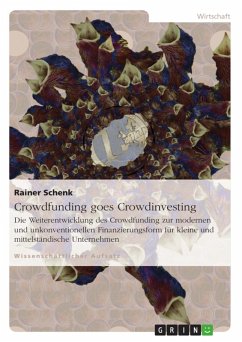Seminar paper from the year 2010 in the subject Business economics - Investment and Finance, grade: 1,5, European School of Business Reutlingen, course: Lecture, language: English, abstract: Taking into consideration the assumptions behind classical capital structures on the one hand and the specific economic environment and the resulting behavior of firms in the emerging European economies on the other hand, it is clear that these extraordinary circumstances (different political and economic systems) influence the determination of the firms' capital structures in these countries in a special way. The goal of this paper is to determine the driving factors for different capital structure choices in emerging European economies, compared to the one we can see for instance in Western European countries. As a result of the underlying research on this topic and also considering the fact that shareholders are slowly gaining influence in businesses in emerging European economies (like Slovenia), the financial principal behavior of these companies will probably remain different from those in mature market economies. One of the most interesting findings regarding the research topic is probably the fact that we can find a re-designed Pecking Order Theory in some Eastern and Central European (CEE) economies.
Dieser Download kann aus rechtlichen Gründen nur mit Rechnungsadresse in A, B, BG, CY, CZ, D, DK, EW, E, FIN, F, GR, HR, H, IRL, I, LT, L, LR, M, NL, PL, P, R, S, SLO, SK ausgeliefert werden.









